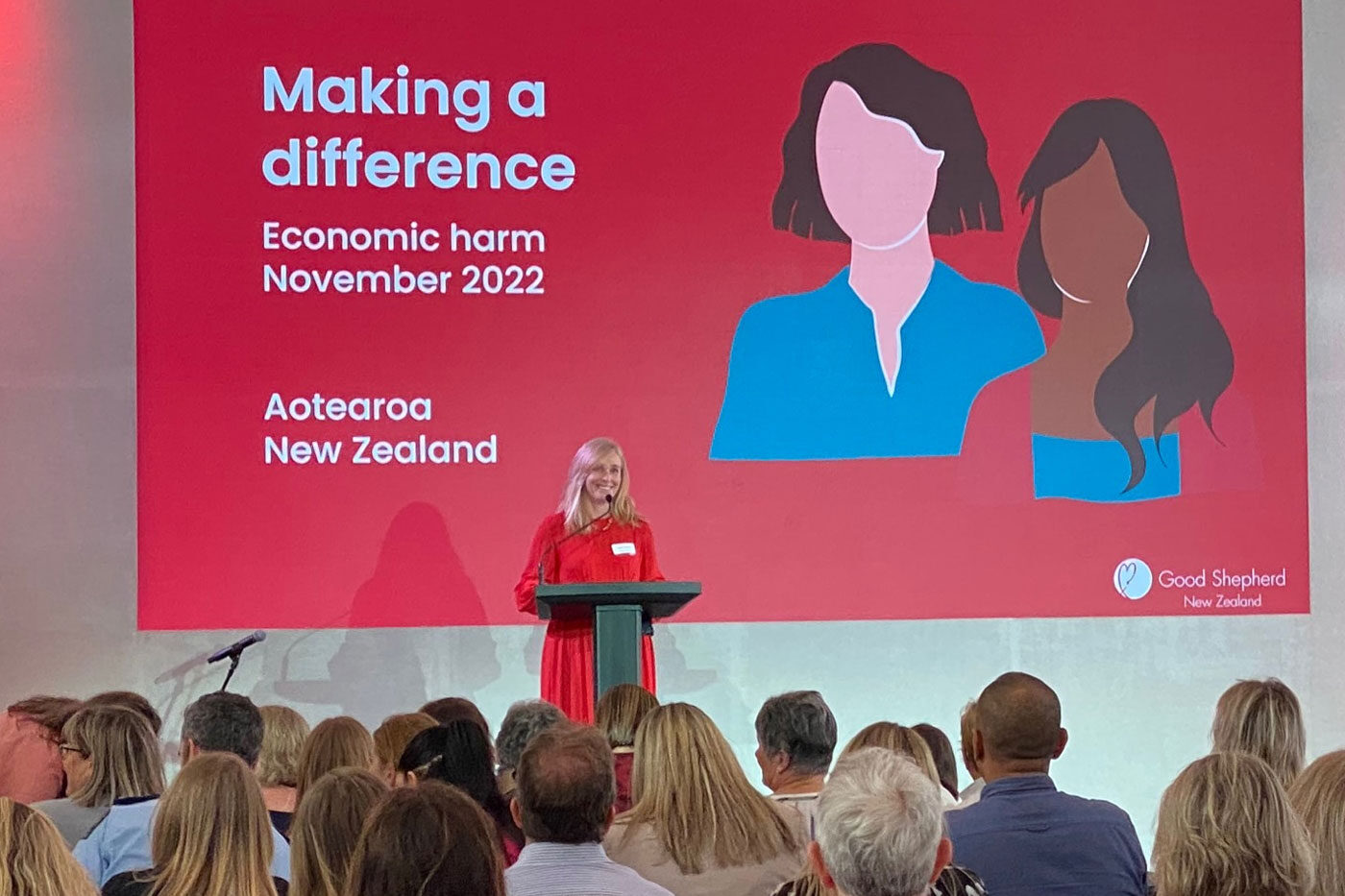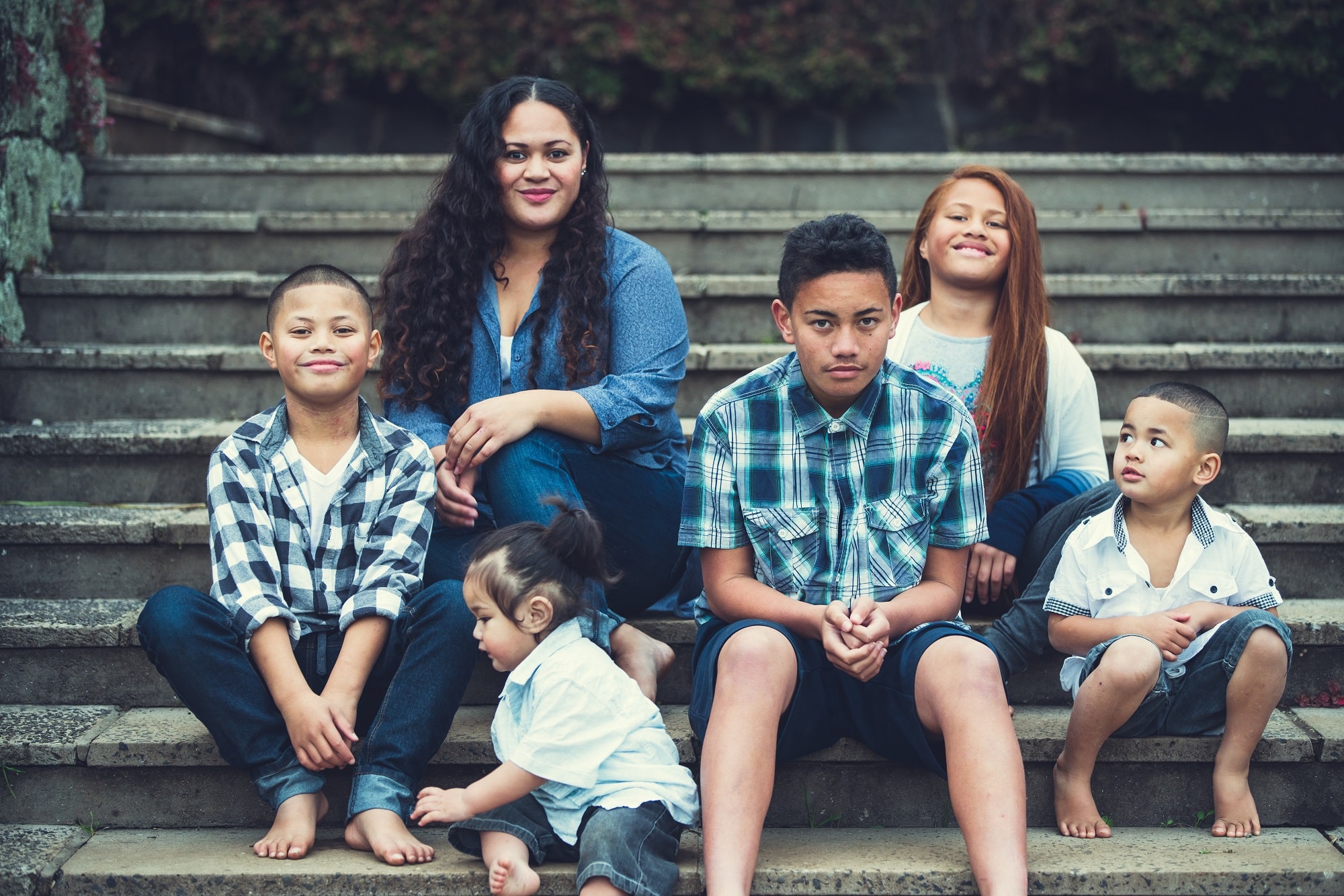Good Shepherd welcomes new Chief Executive
Good Shepherd NZ is excited to announce Emma Saunders as our new Chief Executive.

Emma Saunders stepped in to lead the organisation as interim Chief Executive in mid-2023, and the Good Shepherd Board is delighted that Emma has agreed to continue in a permanent capacity. Good Shepherd NZ Board Chair, Marian Kleist, led the recruitment process.
“The Board engaged an external consultant to lead an extensive recruitment process and make sure we reached and considered a broad range of excellent candidates across the country. Emma’s skills and experience in driving bold and transformational initiatives to create maximum impact for people in hardship stood out as the qualities we need to take Good Shepherd NZ into the next phase of work, and deliver crucial wellbeing outcomes for New Zealand women and their whānau.”
Emma has considerable experience working at a senior level across the private and public sectors, using data and research to uncover insights and develop strategies, services and products for client and customer-led impact.
As co-founder and Chief Executive of a successful service design business for more than a decade, Emma led a team that delivered major strategy and service-line projects, and guided planning and implementation to ensure commercial organisations and government departments achieved key outcomes.
Emma has a lifelong commitment to tackling issues that compound disadvantage for people – and particularly gravitates toward helping women to stand strong, safe and independent.
She served as Board Chair at Hutt Valley Women’s Refuge, creating a new structure, guiding and enabling the Chief Executive to develop new services to support women affected by family violence. Emma first joined Good Shepherd NZ as Board Chair, prior to stepping in as interim Chief Executive.
The Mission of Good Shepherd calls strongly to me, and I am honoured and excited to be able to take up the opportunity to lead this important work and drive positive impact in our communities. I have loved my short time leading the team so far, and I am ready to get stuck in and make a difference for more women and their whānau that are facing significant disadvantage in their lives.




